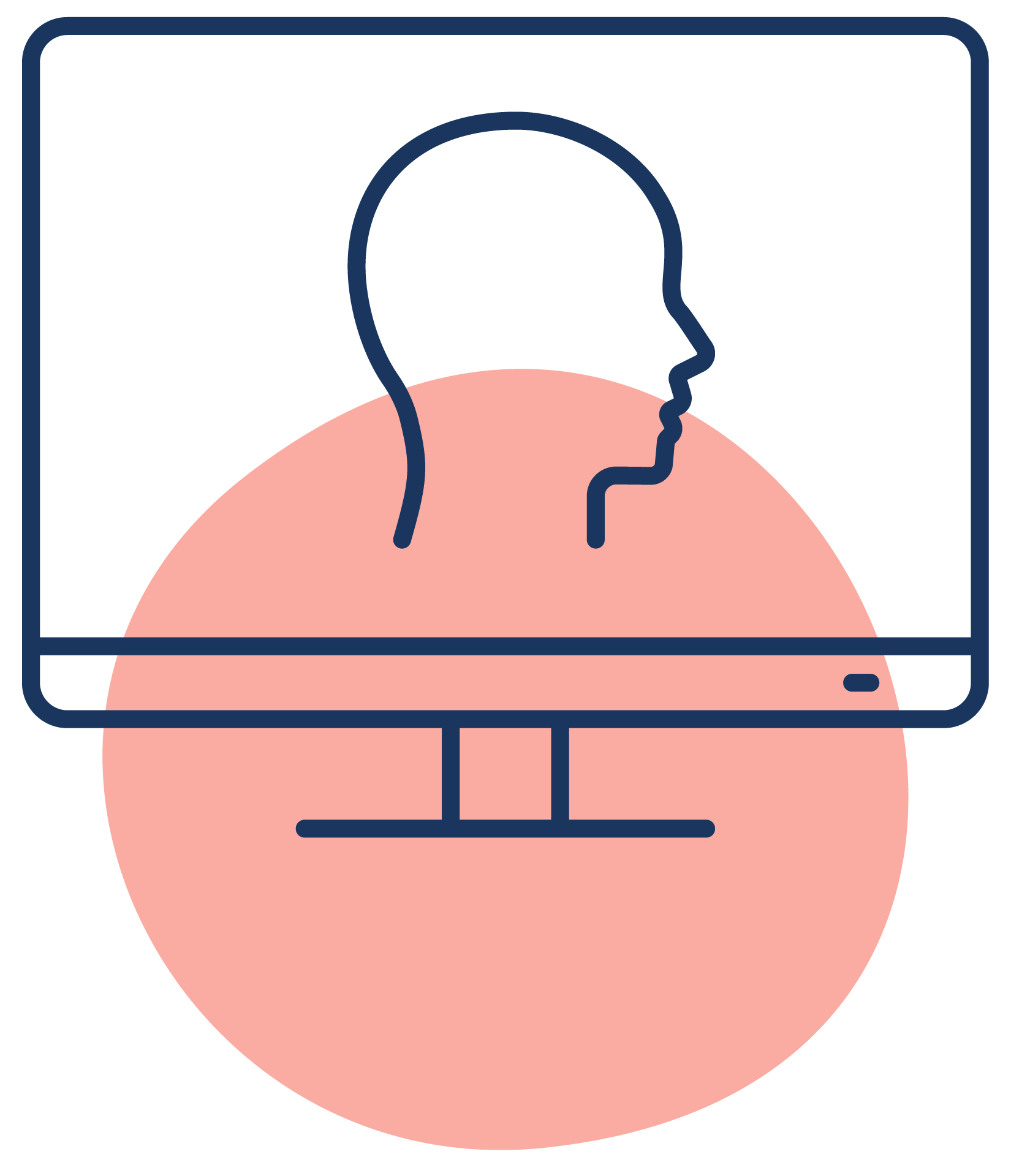Loneliness has become a globally recognised issue with multiple causes, often misunderstood as mere physical isolation or a preference for solitude. Unlike simply being alone, loneliness is the subjective feeling of being disconnected from others when you don’t want to be. Some find feelings of loneliness can strike in a crowd while someone else might feel content alone. Recognised as a public health epidemic, loneliness signals unmet social needs, similar to hunger or thirst. Though distressing, it serves an essential purpose, encouraging us to seek connection, which is vital for our physical and mental well-being.
Josh’s story
Josh is an Autistic adult and parent living in Australia whose life journey has been complex.
“I grew up with missionary parents, which meant constantly moving around – so much so that by 18, I’d only lived in Australia for a few widely separated years,” says Josh.
In school, he was a high achiever, skipping a grade and upon returning to Australia, finishing at the top of his engineering degree. Despite these accomplishments, Josh found himself in his mid-20s struggling with the absence of external structure, leading to the eventual abandonment of his PhD, frequent employment transitions, and ongoing difficulties in managing even the tasks he enjoyed in both work and personal life.
He recognised in hindsight that his interests in knowledge and academic learning, while having served him well and allowed him to have reliable employment, were also a retreat and an escape from the challenges posed by the outside world, ones he eventually had to face.
“By the time I reached 30, all the ups and downs took their toll on my mental health and when COVID hit, those challenges were aggravated and I felt stuck in cycles of achievement and failure.”
Despite making significant lifestyle changes and trying to sustain work and his personal life, Josh found himself navigating life with a persistent sense of negativity, with loneliness being one of its most pervasive manifestations. He also received a late diagnosis of autism, something that has impacted how he unpacks loneliness.
These challenges often left Josh feeling like an outsider, a role he found himself subconsciously reinforcing. The pandemic only exacerbated these feelings, as both he and his son faced significant mental health challenges during this time.
What helps – Josh’s top tips
Josh was keen to seek out research to help him address his personal experiences of loneliness. He reached out to Dr Abbey Love who was leading a loneliness project at the Aspect Research Centre for Autism Practice (ARCAP). He found that simply receiving a response to his email made a significant impact, highlighting the importance of connection. This led to ongoing communication and Josh’s desire to share his story with the hope of normalising his experiences and offering support to others who might have similar experiences.
Through his lived experience, Josh has shared these tips:

Acknowledge the challenge
The first step in addressing loneliness is recognising that it exists and acknowledging its impact on your mental health. Understanding that it's a common experience can help you take the necessary steps toward finding support.

Seek connection
Reach out to others, even if it's just sending an email to someone who shares your interests. Sometimes, just receiving a response can make a significant difference and open the door to ongoing communication. For Josh, connection was about prioritising people he could communicate with easily: “I found I can connect with folks from all sorts of backgrounds different from my own, as long as we can actually communicate easily!”

Find like-minded individuals
Connecting with people who share similar experiences or interests can be particularly meaningful. Look for groups or communities – online or in person – that resonate with your passions and perspectives.
Josh realised that connecting with like-minded individuals – those who share similar experiences, perspectives, and neurodivergent approaches to social interaction and connection – helped mitigate these feelings. He only recently came to realise this need for a different kind of peer group; "nerds, misfits, outsiders," as he calls them.

Balance family life with personal needs
While family is important, it's also crucial to find connections outside your role as a parent or partner. Make time for activities and relationships that fulfil you personally, even if it's challenging to fit them into a busy schedule.
Josh was married, has two teenage children, and time was often consumed by family responsibilities, but yet had to step out of his comfort zone and find these connections outside of these parent and partner roles and his long-term social circles. That left little space to juggle two key needs: social connection in order to reduce loneliness, and time alone to recover from overstimulation and burnout – a balance that is a regular challenge for Josh.
So, this search took time; limited by the time and emotional energy required. But he was able to find online communities where he felt "at home", some with in-person meetups in the physical world, and these became a key factor in reducing feelings of loneliness.

Use technology to your advantage
Online communities can be a valuable resource, especially when physical meetups are difficult, but finding the right online communities can take some time.
“Finding the right online communities wasn’t as easy as a Google search. I had to navigate a complex web of real-world connections, from acquaintances to co-workers, before exploring Reddit and Discord, and gradually branching into new communities. It took perseverance, driven by the belief that there must be people like me out there.”

Understand the importance of downtime
It's essential to balance efforts to connect with time for yourself. Recognise when you need a break to prevent burnout, and allow yourself the space to recharge.
“As a father of two teenagers, my time is often consumed by being a “dad taxi” – a role that I value and embrace. But parenting comes with unpredictability and makes it hard to maintain a routine – so that means burnout is a more common feeling for me.”

Change your internal narrative
Part of feeling less lonely for Josh was changing his internal narrative from “there is nobody like me and I am all alone” to “there must be people like me.”

Share your story
Sharing your experiences, like Josh did, can help normalise them for others and offer support to those facing similar challenges. Your story might be the encouragement someone else needs to seek connection and combat loneliness.
Loneliness research at ARCAP
ARCAP is conducting research into loneliness for Autistic adults because initial research has shown that Autistic people are more at risk for loneliness than non-Autistic people. Following in the footsteps of Autistic researcher and collaborator, Dr Kana Grace, the ARCAP team wants to understand how loneliness is experienced by Autistic people, what contributes to loneliness, and what can be done to alleviate feelings of loneliness. With one study complete, ARCAP researchers are launching into a second year of work on loneliness.



